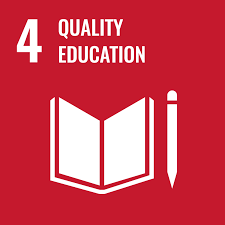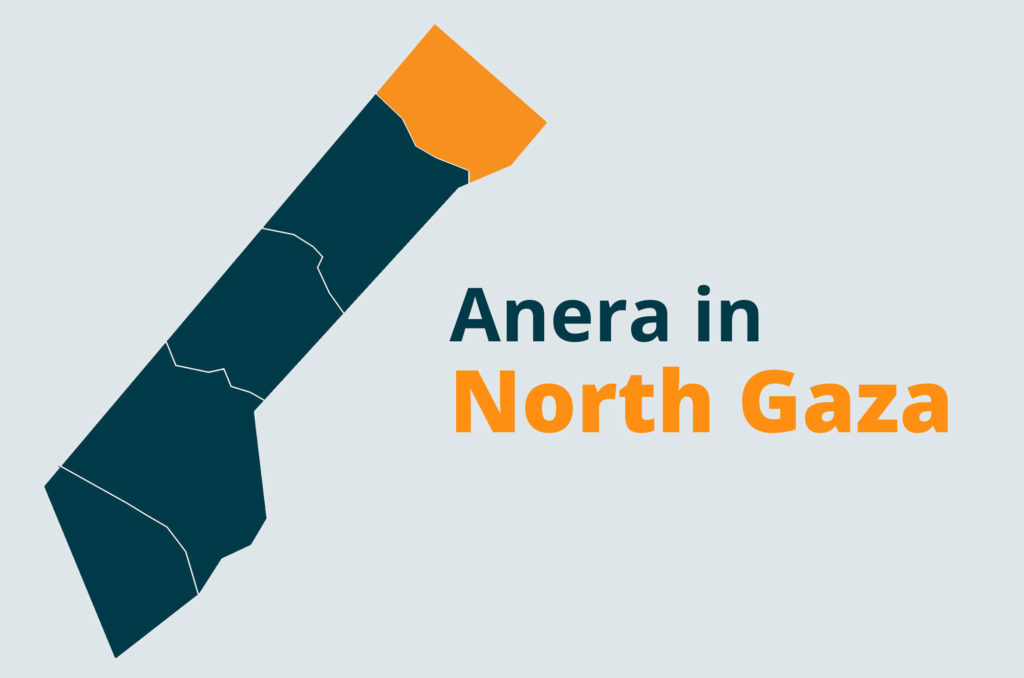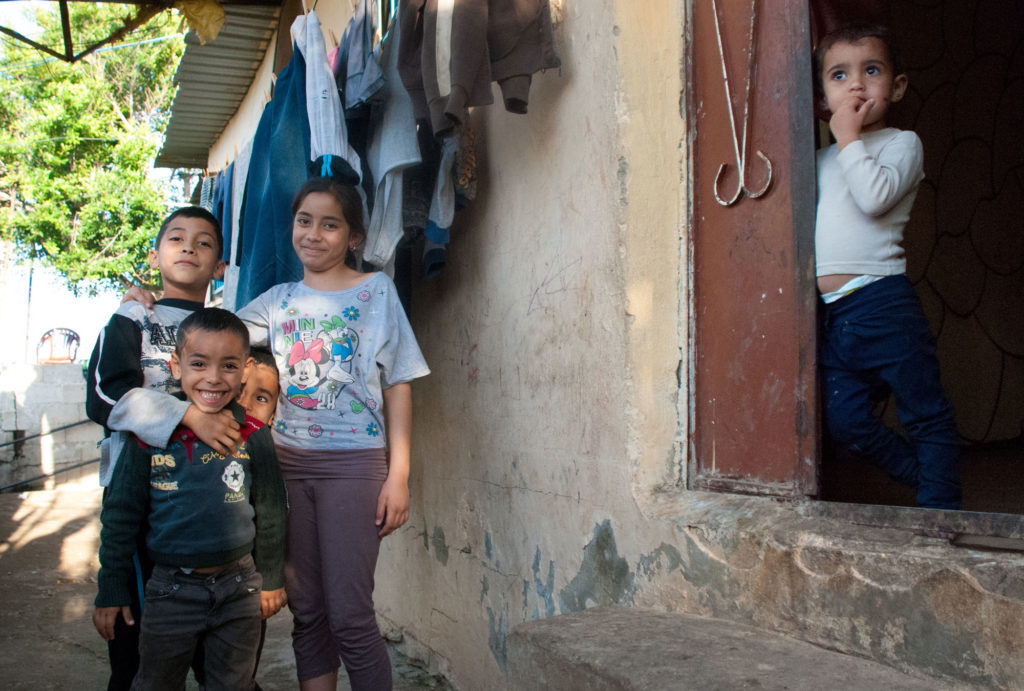Sep, 2022
In partnership with Forward MENA, our new Core Digital Skills trainings provide intensive courses on essential technology skills to young people in Lebanon
During these challenging times in Lebanon, youth are having a hard time accessing proper education and job opportunities. After a devastating pandemic and amid ongoing economic misery, it has become more difficult for youth to gain the digital, technical, and linguistic skills that enable them to develop academically and professionally, let alone to compete in the global job market. This has created a great need for capacity-building initiatives that offer young people opportunities to learn essential skills.
For this purpose, Anera, in collaboration with Forward MENA, put together an intensive course that teaches essential professional-level computer and software skills. We conducted the Core Digital Skills training in Zahle in the Bekaa Valley, Akkar, and Beddawi in northern Lebanon. In this course we targeted young individuals and graduates with a minimum level of English language proficiency determined by a placement test. It attracted young women and men with a commitment to learn and enhance their employability in a highly competitive global job market.
"We have seen an incredible advancement in the world we live in today," notes Dania Jarmakani, the communications coordinator at Forward MENA. "The pace of digitization is extremely fast and youth are finding themselves not equipped with the necessary skills, especially in underprivileged communities."
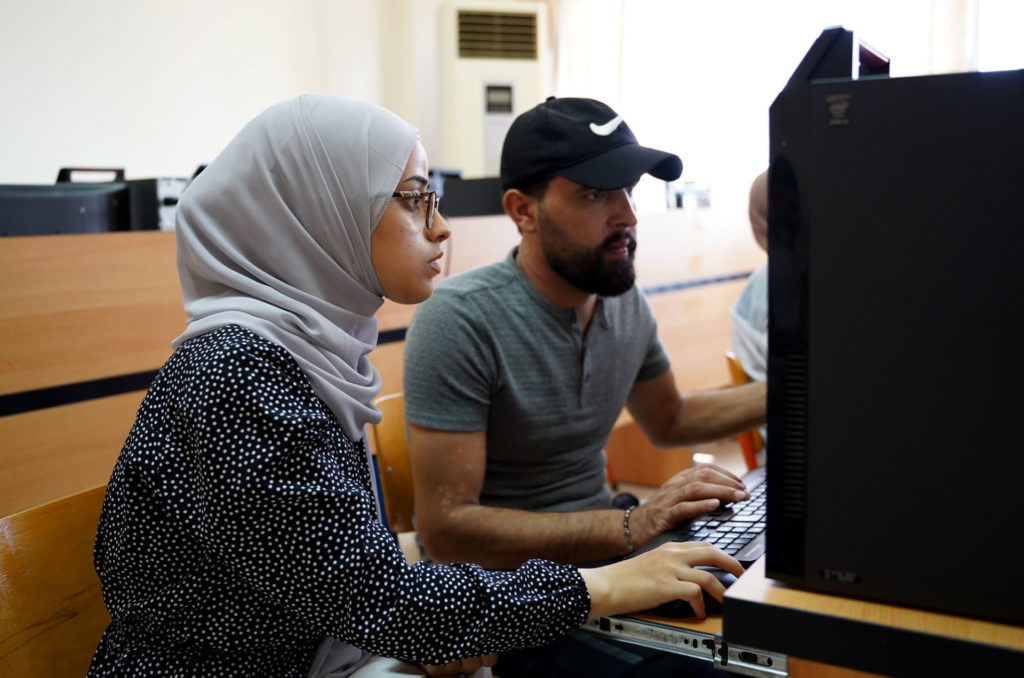



"Youth are finding themselves not equipped with the necessary skills, especially in underprivileged communities."
The participants come from varied backgrounds. They understand the importance of the knowledge they've been absorbing, particularly about the most recent software and how to stay up to date on the latest developments in their fields.
Omar is a participant. The civil engineering graduate from Beddawi Palestinian Refugee Camp says,
“This course is beneficial not only for my field of work, but also for everyone. As you are aware, there are many online [work-from-home] jobs available in the fields of design, typing documents in Word and doing spreadsheets in Excel. You cannot do them unless you have worked on your skills and taken such a course.”
Another course participant, Marwa, says that digital skills are also vital for her as a future nurse. “Utilizing digital skills is critical in these times when everything is heading towards working digitally. Even in my profession, where we have to enter patients’ data in at the hospital.”
Training courses are about more than just knowledge and skills. In an era when community spaces and youth associations are rare, these courses are venues for the young people to meet, exchange ideas, and collaborate.
Sarah, a nutrition student, and Aya, a psychology student, met and became good friends at the Core Digital Skills course in Akkar. Khaled Moustafa, the head of the Abi Bakr Al Seddik Institute - Hamidia Association in Akkar, our local implementing partner there, has connected them with an opportunity to apply for a community project focusing on the health and mental health of adolescents.
“The project focuses on the mental health of youth and adolescents in the community,” Aya says. “It also benefits us since it is directly related to both our fields of study.”
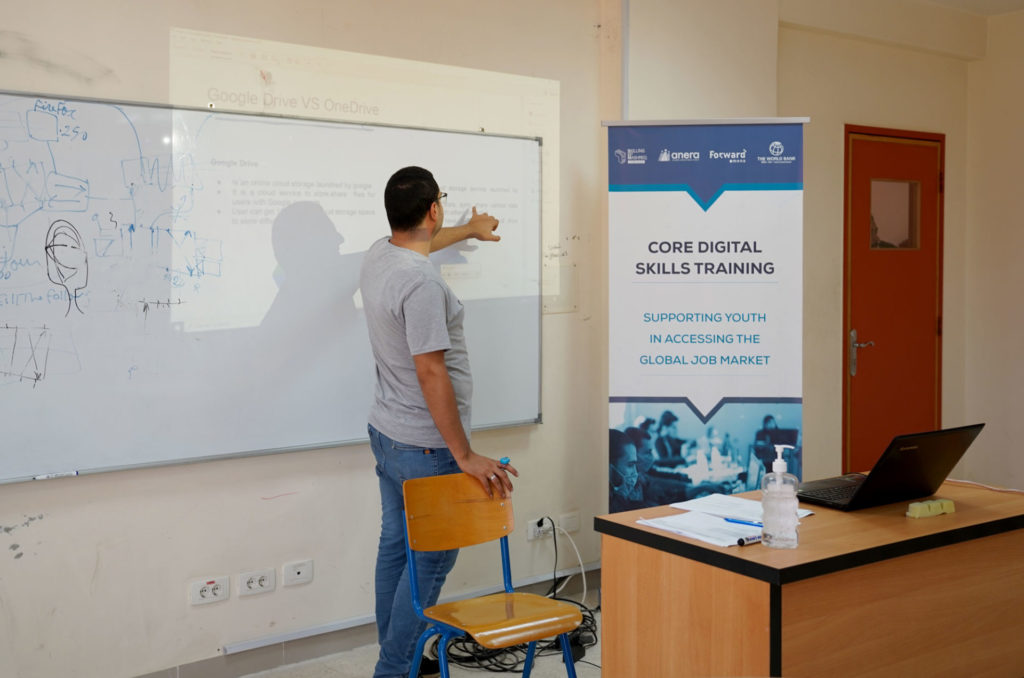



“Utilizing digital skills is critical in these times when everything is heading towards working digitally."
Moustafa notes that, while it’s crucial to reach marginalized young people, recruiting educated youth and college graduates is also invaluable. Although these young people are often overlooked by capacity-building programs, equipping them with up-to-date knowledge, particularly in technology, is so impactful because it enables them to actually pursue careers in the fields in which they have studied. Otherwise, their education may go to waste as they remain underemployed in non-career track jobs.
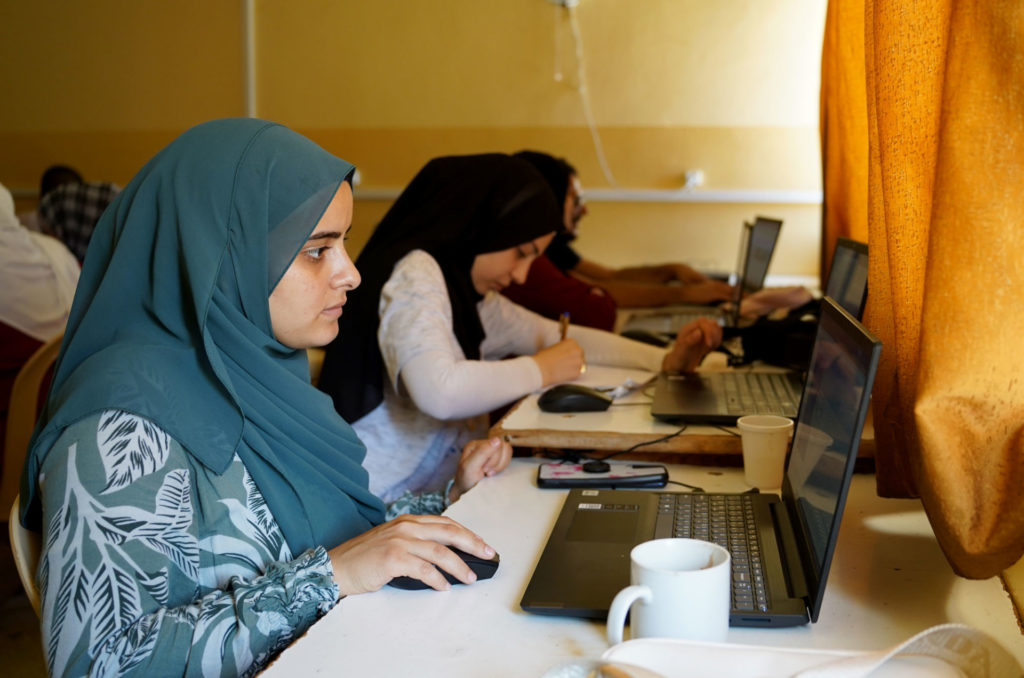

Moustafa says,
“As a result of courses like Core Digital Skills and trainings of trainers in programming, we have youth who have started their own work online, with some of them teaching students from Morocco, Jordan, and other countries online.”
This course, according to many of the participants we met, is another step towards becoming who they want to be in the future. In a few years, Moeminah from Idlib, Syria, hopes to be an entrepreneur.
“I like the atmosphere of the development courses and workshops and I love the engagement,” Moeminah says.
“I want to be able to train young people on how to choose their field of study if they’re unsure. I want to share my story, like our digital skills trainer here who not only teaches us IT but also shares from his life experience.”



